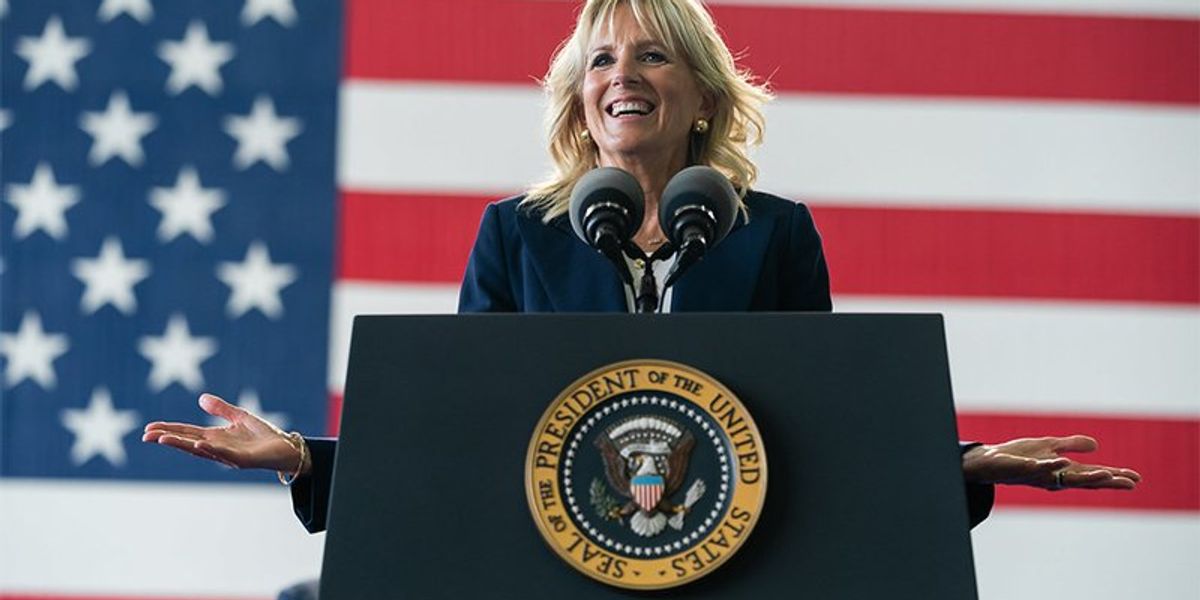'Surrender' or UK win: Key points in post-Brexit EU trade deal
A defence and security pact, airport e-gates and fewer checks on food exports: The Standard looks at the key points

Get our award-winning daily news email featuring exclusive stories, opinion and expert analysis
I would like to be emailed about offers, event and updates from Evening Standard. Read our privacy notice.
Britain and the European Union struck a deal on Monday morning on a post-Brexit deal ahead of a summit to unveil it in central London.
As with all trade deals, each side will make gains and have to accept making concessions.
Here are the key points:
* A defence and security pact which will give British firms access to at least part of a £125 billion EU defence fund. How much the UK will pay into the fund was not yet clear. Europe is seeking to strengthen its defences against the threat from Vladimir Putin’s Russia and Britain and France are the Continent’s two major military powers.
* A deal on allowing British travellers to use e-gates at European airports. Brussels will allow this new arrangement and it will be down to individual EU countries to bring it in so Brits no longer face long queues at airports and ports.
* Owners of dogs and cats in the UK will find it easier to take their animals to the Continent by getting a ‘pet passport’ rather than an animal health certificate for every trip.
* Easing trade rules to allow more UK exports of food, including sausages, to the Continent. Many businesses will welcome this move which will boost their exports and the UK economy, and stop lorries full of produce being delayed at ports. But it will mean Britain following EU rules on food standards which is already being slammed by the Tories as making the UK a “rule taker”.
* An UK-EU mobility scheme which would allow young Brits to get visas to work for a time-limited period in other European countries, and EU citizens to do so in the UK. The scheme would be capped and time-limited. It is being called a “Youth Experience Scheme” as the Government claims it is not a return to freedom of movement.
* EU trawlers would get access to fish in UK waters under a deal which would see annual negotiations replaced by a far longer agreemen of 12 years. Fishing is a very small part of Britain’s economy but the deal will spark a huge row given the symbolism of fishing in the UK.
* Talks will take place on the UK getting access to EU facial images data, on top of the existing arrangements for DNA, fingerprint and vehicle registration data, as part of crime-fighting measures.
* Closer ties on the electricity market could see more UK wind power exported to the Continent and more French nuclear energy imported to Britain through new interconnectors. Merging EU and UK emission trading schemes could bring down household bills.
* Talks are expected to continue on mutual recognition of professional qualifications, which is a big issue for the UK’s giant services industry, as well as on making it easier for UK music bands and other touring artists to work in the EU.
Business Secretary Jonathan Reynolds hailed the agreement as a ‘real prize” but Conservative leader Kemi Badenoch and Reform UK leader Nigel Farage have already described it as a "surrender".





















